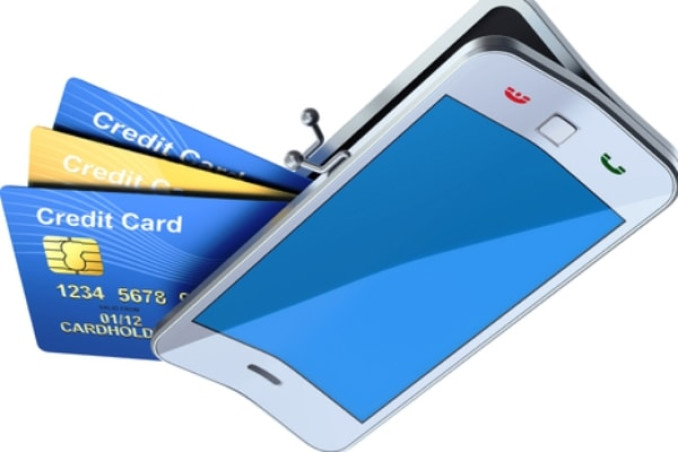Pakistan leads South Asia in mobile money: report

With 9% of men and 2% of women as users, Pakistan leads South Asia in mobile money. While, Kenya’s mobile money transactions hit new high – $23 billion – in just ten months last year, Pakistan also emerged as the leader in South Asia with nine per cent of its male and two per cent of its female citizens using mobile phones to carry out financial transactions.
Surprisingly, India ranks second in the list with three percent of its male while just one percent of its female population is making financial transactions through cellular phones, according to a World Bank report.
An average three per cent of people in South Asia used a mobile phone to send or receive money in 2014, according to the study conducted by World Bank’s Global Findex Database, which provides in-depth data on how individuals save, borrow, make payments and manage risks.
The Global Findex is the world’s most comprehensive database on financial inclusion that consistently measures people’s use of financial services across countries and over time.
“While there are still gaps between how often men and women use these services, Pakistan leads the region with 9% of men and 2% of women moving money on their mobiles,” the findings of the research read.
The indicators are drawn from survey data collected by Gallup, Inc over the 2014 calendar year, covering around 150,000 adults in more than 140 economies and representing about 97% of the world’s population. The set of indicators will be collected again in 2017.
Mobile transactions are gaining immense popularity in the South Asian nations. Statistics show 93% of Pakistani adults lack access to formal financial services as only 7% of the respondents reported to have a bank account while registered accounts with other financial institutions are negligibly low.
A more promising statistic is that of mobile phone ownership, as the figures reveal 54% of Pakistani adults own a mobile phone. This high proliferation of mobile phones is considered by many to be an opportunity for the financially excluded to attain financial inclusion through Mobile banking.
By leveraging the proximity and familiarity of local grocery stores and mobile money shops, over-the-counter (OTC) transactions have made bill payment and person-to-person transfers much more convenient than alternatives, such as banks or hawala dealers.
SOURCE:MoreMang & World Bank
 Africas leading resource for digital financial services
Africas leading resource for digital financial services


comments